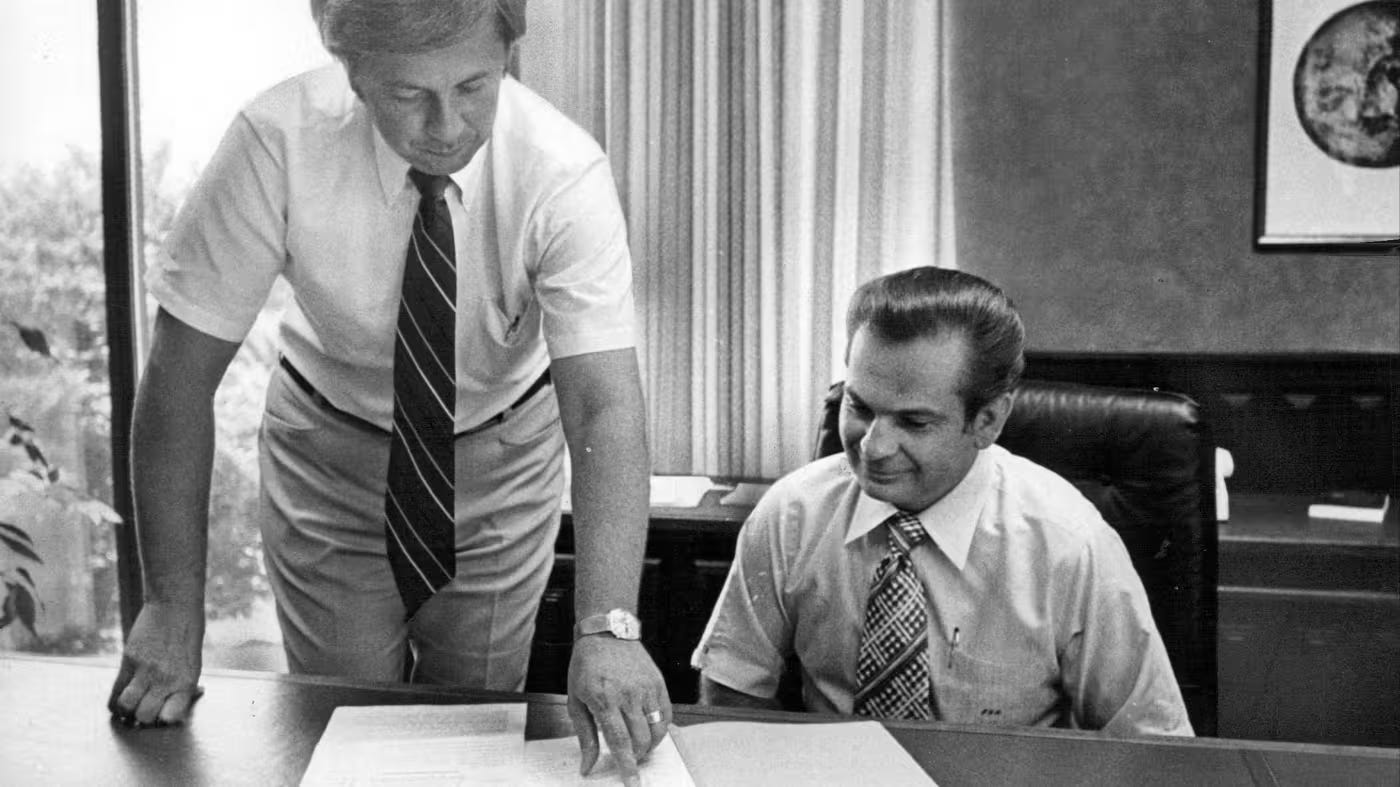James Leprino and the Cheese That Took Over America
The son of an Italian immigrant who turned a pizza hunch into a mozzarella empire
Il sogno filante di James Leprino
Come un figlio di immigrati italiani ha trasformato un'idea sulla pizza in un impero globale del formaggio
Non era la mozzarella che immaginiamo noi italiani. Ma quella di James Leprino ha nutrito generazioni di americani, ha fatto lievitare fortune miliardarie e, nel suo modo un po’ industriale e tutto yankee…



